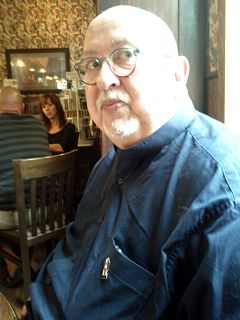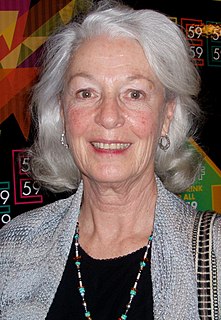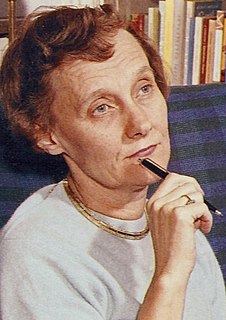A Quote by Daniel Pinkwater
I imagine a child. That child is me. I can reconstruct and vividly remember portions of my own childhood. I can see, taste, smell, feel, and hear them. Then what I do is, not write about that kid or about his world, but start to think of a book that would have pleased him.
Related Quotes
When we teach a child to sing or play the flute, we teach her how to listen. When we teach her to draw, we teach her to see. When we teach a child to dance, we teach him about his body and about space, and when he acts on a stage, he learns about character and motivation. When we teach a child design, we reveal the geometry of the world. When we teach children about the folk and traditional arts and the great masterpieces of the world, we teach them to celebrate their roots and find their own place in history.
When you raise a child, you don't sit down and take all the rules of life, write them into a big catalog, and start reading the child all these individual rules from A to Z. When we raise a child, a lot of what we do is let the child experiment and guide the experimentation. The child basically has to process his own data and learn from experience.
A child is an eager observer and is particularly attracted by the actions of the adults and wants to imitate them. In this regard an adult can have a kind of mission. He can be an inspiration for the child's actions, a kind of open book wherein a child can learn how to direct his own movements. But an adult, if he is to afford proper guidance, must always be calm and act slowly so that the child who is watching him can clearly see his actions in all their particulars.
If we are not fully ourselves, truly in the present moment, we miss everything. When a child presents himself to you with his smile, if you are not really there - thinking about the future or the past, or preoccupied with other problems - then the child is not really there for you. The technique of being alive is to go back to yourself in order for the child to appear like a marvellous reality. Then you can see him smile and you can embrace him in your arms.
A parent who from his own childhood experience is convinced of the value of fairy tales will have no difficulty in answering his child's questions; but an adult who thinks these tales are only a bunch of lies had better not try telling them; he won't be able to related them in a way which would enrich the child's life.
Today no matter where I'm going, no matter what I'm doing, no matter who I'm doing it with, it is my dominant intent to look for and find things that feel good when I see them, when I hear them, when I smell them, when I taste them, when I touch them. It is my dominant intent to solicit from experience and exaggerate and talk about and revel in the best of what I see around me here and now.


































